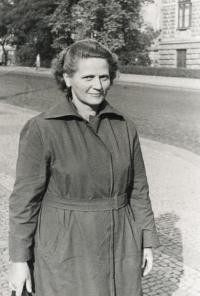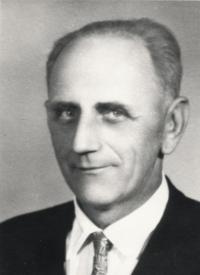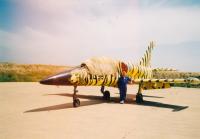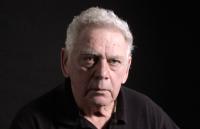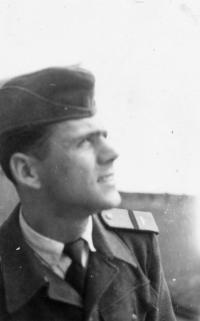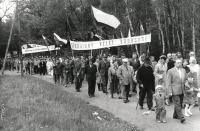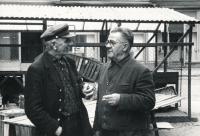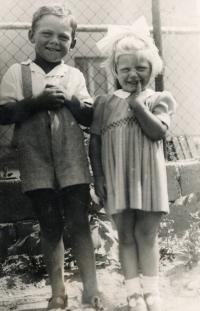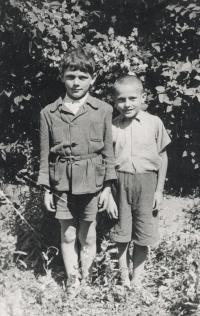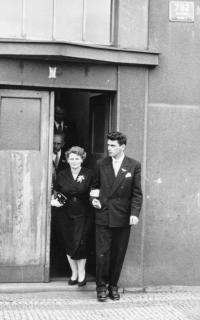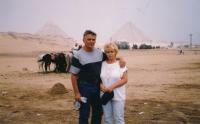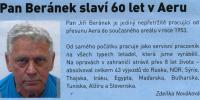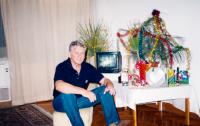My father said that politics is dirty. And I was done for at school

Stáhnout obrázek
Jiří Beránek was born on 3 April 1935 in Trávčice near Terezín. He grew up there, witnessing the transports of Czechoslovak Jews and many events related to the life in the Jewish ghetto. Since 1946 he was attending school in Terezín. He and his friends would play in abandoned houses and search for stuff left behind by the prisoners. Following this adventurous childhood he trained to work in the Rudý Letov company, soon transferring to Aero Vodochody. There he has worked for over sixty-two years. He became a respected expert on airplane repairs. His job included frequent travels in order to repair airplanes constructed in Aero and then exported abroad. During communist times he thus had the opportunity to visit Syria, Iraq, Egypt, Algeria and other countries. Each one of his travels had to be permitted by the company‘s Communist Party committee since he himself refused to become a member of the party.
